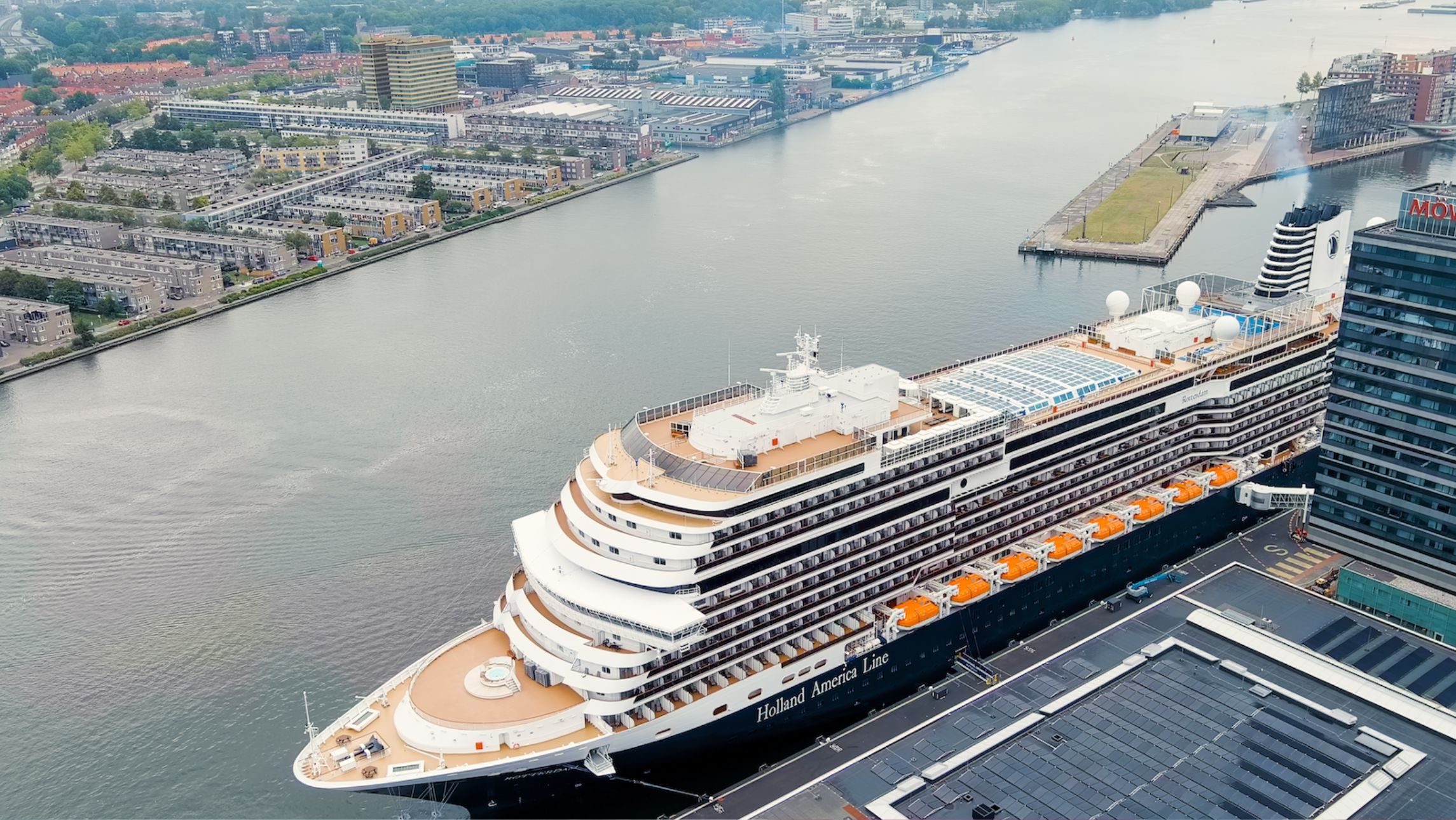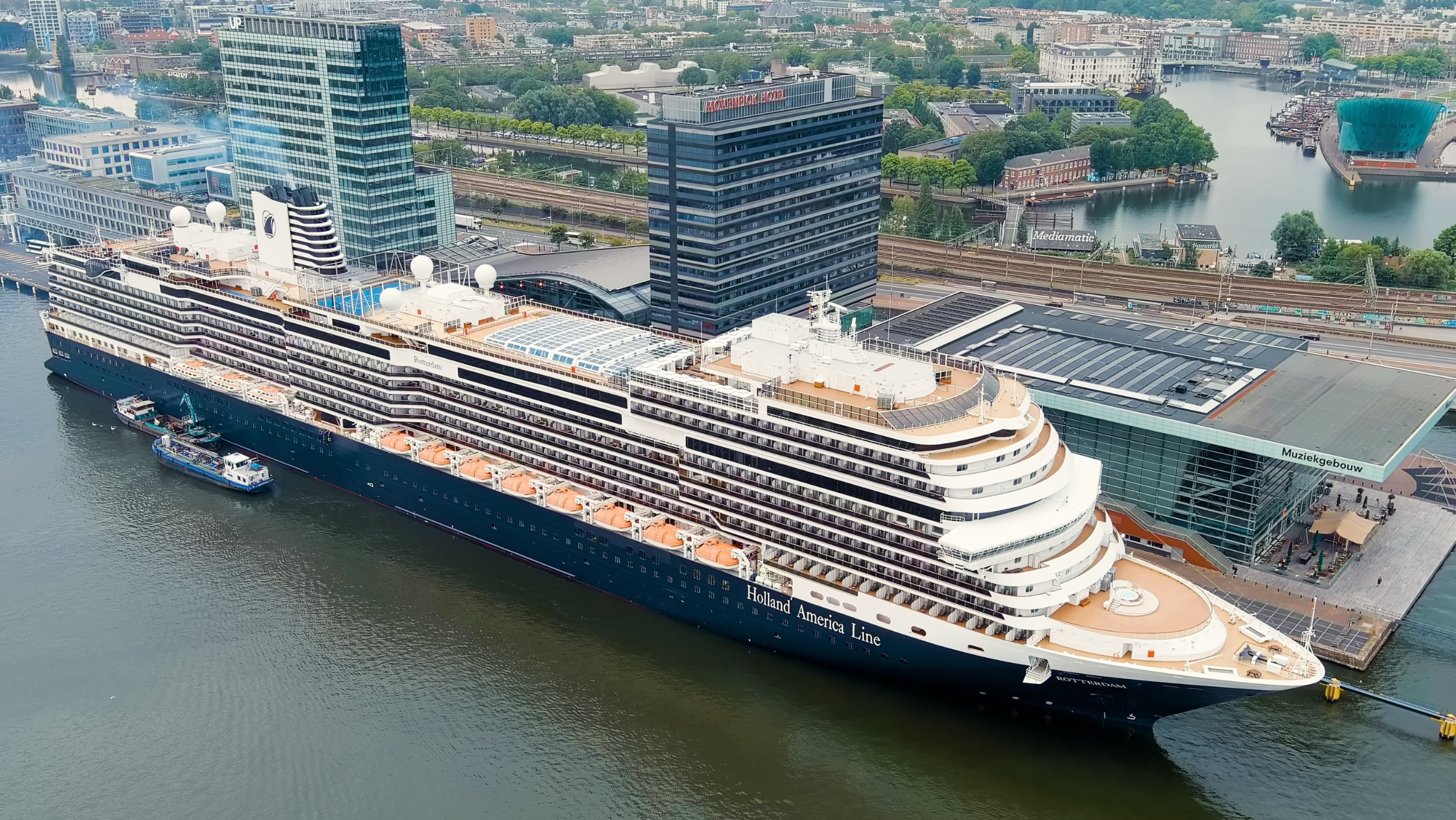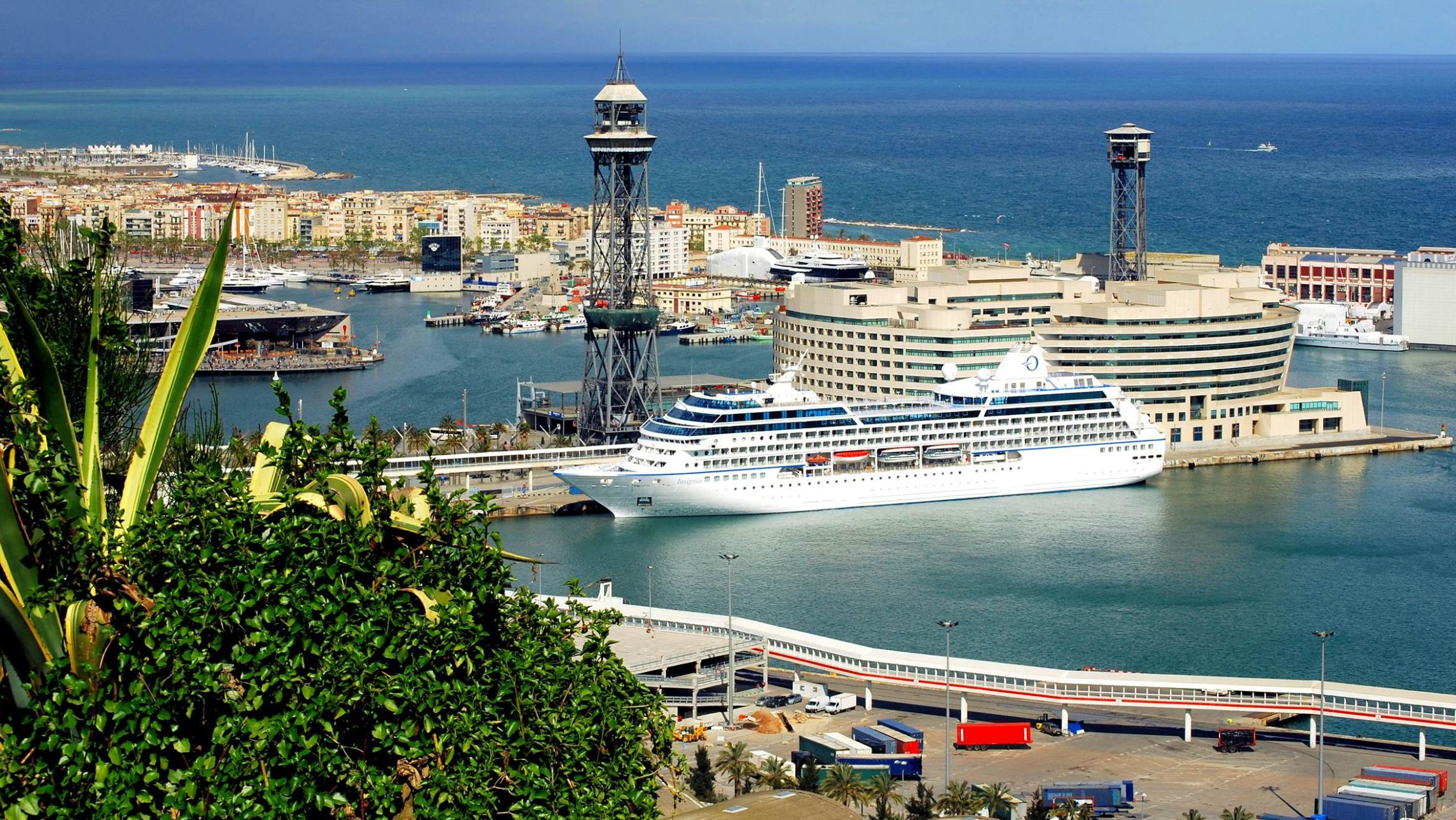As exciting and adventure filled as port time may be, it is not without its risks.
Travellers have always been the victims of crime, but for cruise passengers arriving at a city port in a visibly magnificent ship is by no means a security advantage. As with most things, however, awareness, diligence and a little common sense is likely to ensure a safe journey.
Research and Assessment
The experience of a foreign port is always heightened with a little research and reading. Pre-cruise or at sea mental voyages through a country’s history, culture and current socio-economic reality tend to give depth and understanding to the coming experience and facilitate cultural exchange. They are also a good chance to assess the likely risk of being fleeced of your traveller’s cheques, credit cards and cash.
Countries with high levels of bureaucratic and law enforcement corruption, political unrest and poverty are obviously places in which street crime is most prevalent.
An hour or so researching your destination will normally be enough to give you a good idea of this. And, not only will this research give you an understanding of the risks, it is also likely to engender a level of respect for the circumstances in which your hosts are operating – and with this a greater level of skill in reading a situation and/or navigating your way out of it.
A simple Google search, using terms like ‘crime against tourists’, ‘tourist scams’ and the name of the specific country or city you are visiting, is likely to generate sufficient resources. The Australian Government website www.smartraveller.gov.au also contains detailed advice on what to look out for in any given country. You can also check with the embassy or consulate of the country you are visiting in Australia or ask your cruise director or shore excursion manager on board.
Minimising Risk
The most prevalent crime to which travellers are subjected is theft. Pickpockets are most often encountered in crowded squares and on public transport, especially after dark, while more confrontational theft tends to occur in deserted back streets or bars.
There are a few simple ways to significantly reduce the risk of theft however.
- Try to blend in.
Dressing down into non-descript attire, avoiding bright colours, jewelry and anything that might proudly pronounce your citizenship with a perceived wealthy western country, will definitely work to your advantage. Trying to communicate in public at a level that doesn’t advertise your country of origin to everyone within a hundred metres is also advisable.
- Keep valuables where you can see them.
Never put valuables in your backpack. They can easily be opened or slit without noticing. Men should not put wallets in back pockets and women should keep purses across their chest. While money belts can be a good idea, never allow them to accumulate into a visible bulge and keep some cash in a buttoned pocket to avoid regularly displaying its presence. In fact, deep front pockets with buttons are considered by some to be the safest place for storing valuables.
- Bring only what you need
Minimise the amount of cash you bring ashore and take only one credit card for the unexpected bargain. Never go ashore with your actual passport. Bring a photocopy. For that matter, photocopy all of your important documents before you leave and leave them with a friend or family member. This will enable a speedy acquisition of a replacement in the event of theft or loss.
- Drink in moderation
While taking a holiday is a time to relax, a high level of intoxication is going to lower your judgement and increase the likelihood of theft or falling for a scam artist.
- Safety in numbers
One of the benefits of cruising is the numbers. When visiting the ports in which your research has shown crime is most prevalent, sticking to a tour or exploring with a group of other passengers will significantly increase your safety.
Be Aware of the Scams
The number of scams practiced in ports around the world is too numerous to be covered here. Your own research will better equip you for the peculiar quality of the scams in your country or countries of destination. The most successful scams require a naïve and trusting tourist, so keep your wits about you and you’ll probably be fine. And do the research. You’ll know what to expect – you might even find yourself admiring the ingenuity.








